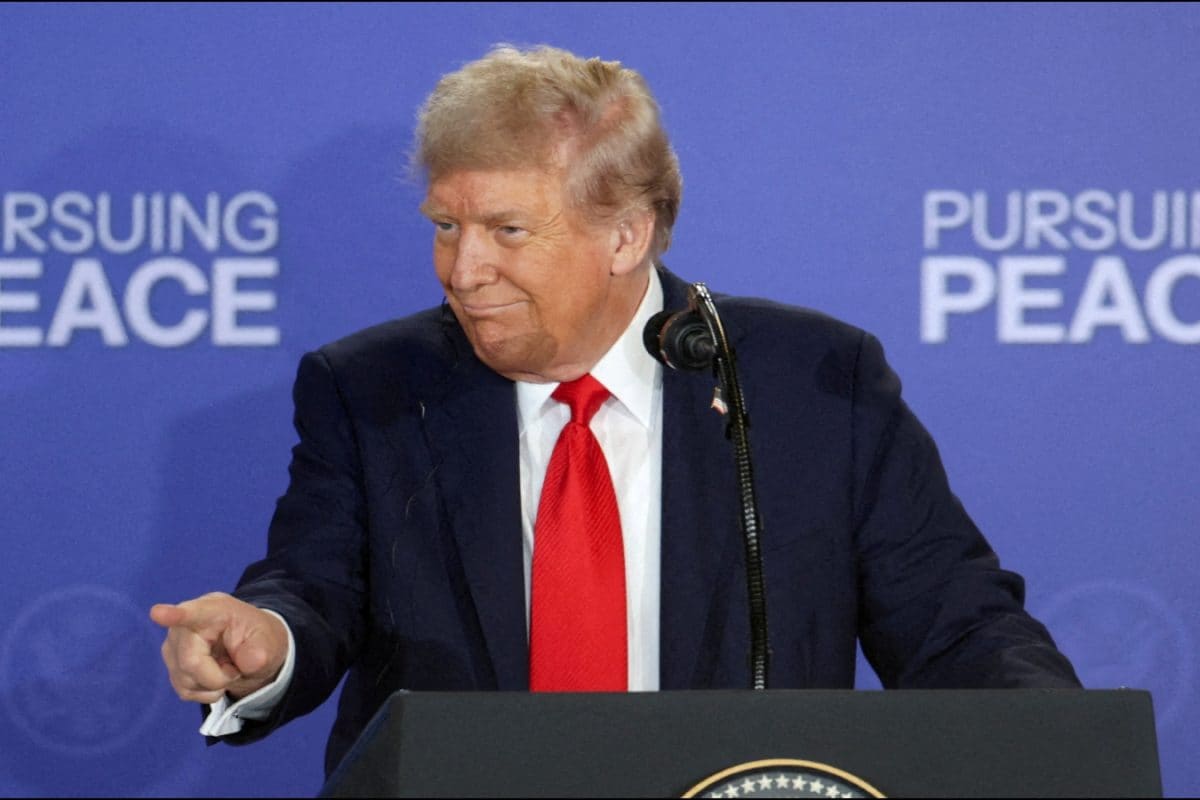

Amidst ongoing trade tensions, President Donald Trump has hinted that the U.S. might not proceed with imposing secondary tariffs on India for its continued purchase of Russian crude oil. This comes as a potential relief for India, which had been concerned about facing further penalties from Washington.
Trump's statement followed a high-stakes meeting with Russian President Vladimir Putin in Alaska. Speaking to Fox News, Trump noted that Russia had "lost an oil client, so to speak, which is India, which was doing about 40% of the oil". He then raised the possibility of secondary sanctions or tariffs, acknowledging they would be "very devastating" for India. However, he added, "If I have to do it, I'll do it. Maybe I won't have to do it".
The U.S. had already imposed a 25% duty on Indian imports, effective August 7, followed by an additional 25% levy on Indian oil purchases from Russia, bringing the total tariff burden to 50%. The second round of duties is scheduled to begin on August 27. This move has been strongly criticized by New Delhi, with the Ministry of External Affairs calling the tariff hike "unfair, unjustified and unreasonable," emphasizing that India's energy imports are linked to national security.
Trump's recent remarks have been interpreted as a softening of his stance, possibly influenced by the outcome of his discussions with Putin. Treasury Secretary Scott Bessent had previously warned that higher secondary tariffs on India could be imposed if the meeting in Alaska did not yield a breakthrough on the Ukraine issue. Bessent also mentioned that the EU should follow suit. While not specifying if he was talking about retaliatory tariffs, Trump had threatened 100% tariffs on Russia if a deal to end the Ukraine war was not reached in 50 days.
Conversely, a U.S. Democratic panel argued that "Tariffing India won't stop Putin" and suggested that Trump should instead focus on providing military aid to Ukraine.
Despite the tariff threats, India and Russia have been deepening their ties, with new industrial agreements and high-level visits. External Affairs Minister S. Jaishankar is scheduled to visit Russia to prepare for President Putin's visit to India later this year. Some analysts suggest that Trump's tariff threats may be counterproductive, driving New Delhi and Moscow closer together.
It remains to be seen whether Trump will ultimately decide to impose further tariffs on India. His decision will likely depend on a number of factors, including the evolving geopolitical landscape, the U.S.'s strategic interests, and the ongoing negotiations with both Russia and India.